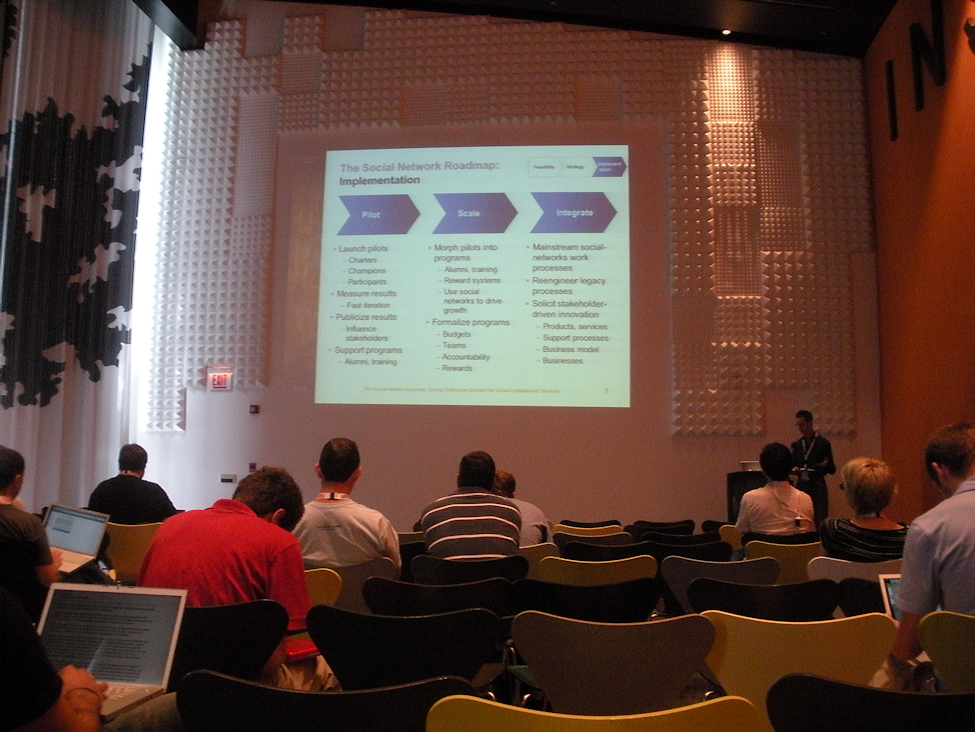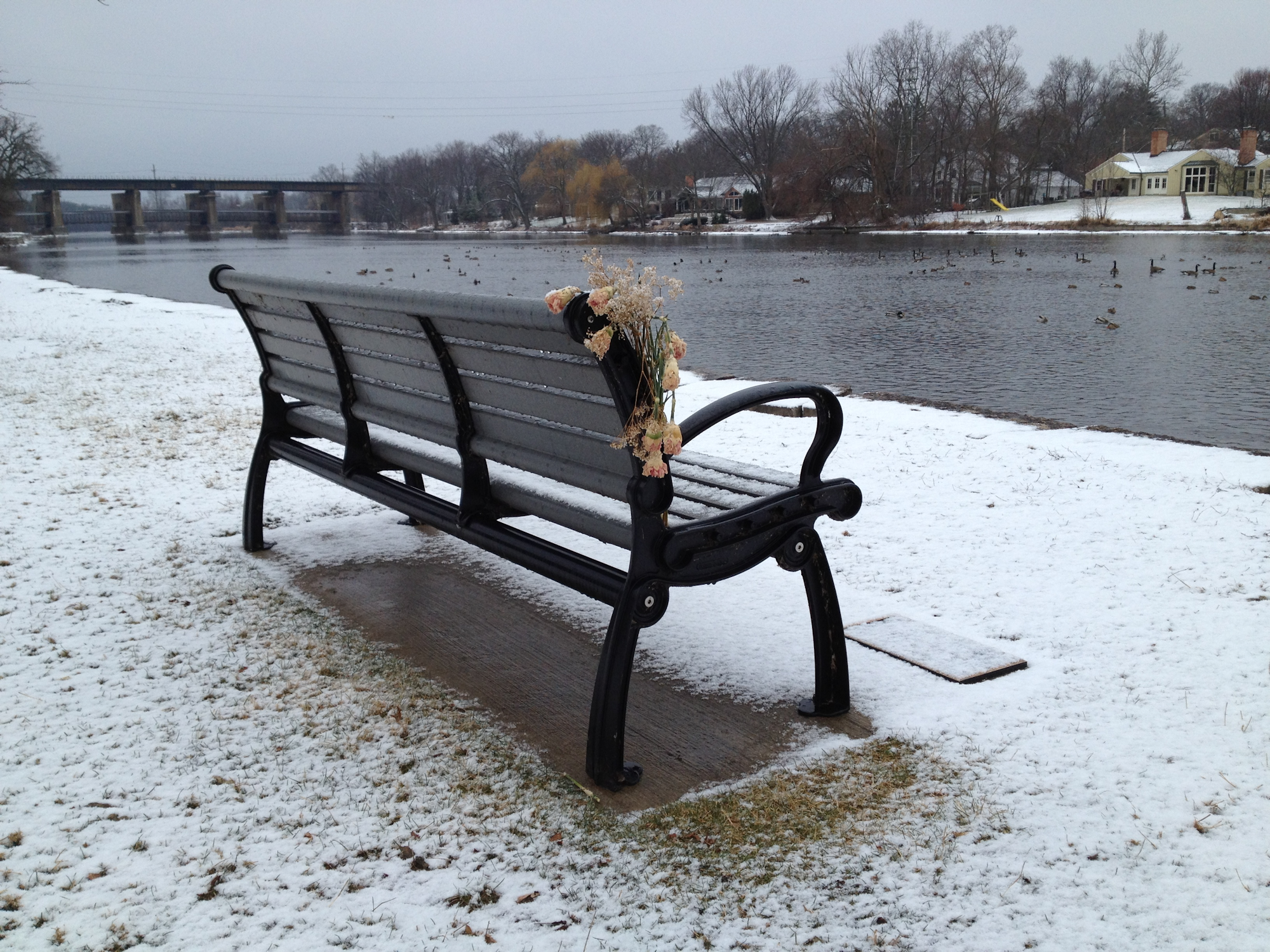Ok, the pizza in the title probably caught your attention, but the real focus of this blog will be “barcamp” since I am beginning to become more involved with this concept and thought others might be interested in hearing more about it. Not really sure how familiar the average person is with that term, but until my friend Martin Brown – a building professional from England – brought it up in a conversation, I had never before heard of it. According to the all-knowing Wikipeida, a barcamp is defined as: “an international network of user generated conferences — open, participatory workshop-events, whose content is provided by participants — often focusing on early-stage web applications, and related open source technologies, social protocols, and open data formats.”
Martin certainly piqued my interest in this type of conference venue but I was not sure I would get a chance to experience one myself. But then last month I noticed that there was one scheduled to be held in Chicago on Sat., August 8th covering a topic in which I have a lot of interest: Social Media (here is a link to the event site). So I registered which meant that I simply added my name to the list of attendees on the wiki that was used as the Web site for this particular barcamp. No fees were required, although they did take donations of $10 to $20 at the door. For those of you who attend regular conferences, you will notice how completely unlike a normal conference this registration process is. But that is only the beginning.

The basis of the conference seems to be that it is totally informal and completely engaging. Participants are encouraged to not only present but enter into discussion during the presentations. The dress and meeting site is informal. We met in a building on the IIT campus in Chicago. Most were in jeans and t-shirts although some did dress up a little more. Each session was 30 minutes long and consisted primarily of Powerpoint-like slides. The event started at 8:30 a.m. and lasted until 6 p.m. with coffee and doughnuts in the morning, pizza for lunch, and a get-together at an Irish bar in Chicago after the conference. Because of the informal nature of the barcamp idea, sessions changed throughout the day so a volunteer updated us after each presentation, letting us know what would be next in each room.
Another aspect that was totally different from the type of conferences I attend was that everyone had either a laptop or an iphone. And everyone was on the Internet on and off throughout the presentations.
Because many of us were following each other on Twitter, we could post comments or converse online with others in the room or even with people we knew who were not there. And this is where something incredibly interesting happened that illustrates the awesome power of social media. One of the presenters was giving his session using an Internet-based slide show. I noticed that a few others in the room had picked up on this and were actually following the slideshow by going directly to the URL he was “broadcasting” from.
Wanting to share my new-found knowledge of this online tool with others, I sent out a Twitter about the online tool with a link. Martin Brown picked up on this, as we follow each other on Twitter, and he visited the Web site noticing that it was run by someone in Hungary. So Martin e-mailed this person in Hungary asking about using this online tool for the barcamp we are organizing (which will be covered in a future post). The person responded indicating he was often in London and would be very interested in presenting at our barcamp. So within hours, information from a presentation given in Chicago reached London and then Hungary resulting in the participation of a professional in Hungary at a future barcamp in London. Again, this was all set up within hours!
Overall, I think I retained more from this conference than I normally would at a more traditional event and met more people. And so of course I cannot help but think of how to apply this to public works – I have to think that it would work well. Those of us in public works have a lot of experience to share and as someone said at the barcamp, all of us are smarter than one of us. Perhaps a barcamp like this could be set up at one of the APWA conferences – either at national or state – to try it out for a day and run it parallel to the regular conference. If anyone else has attended a barcamp, I would be interested in hearing your opinion of how well you would think this would apply to our industry.

